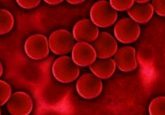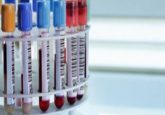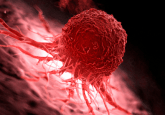ESMO 2017: Genetic testing opens up alternative treatment options for rare cancers
Novel research presented recently at the ESMO 2017 Congress (8–12th September 2017, Madrid, Spain) suggests that patients with rare cancers for which no standard treatment is available could receive existing therapies that work in patients treated for different cancers, but who carry the same genetic mutations.
The prospective non-randomized clinical trial, conducted by The Centre for Personalised Cancer Treatment (CPCT, Netherlands), utilized Whole Genome Sequencing (WGS) to obtain the genetic information for more than 2000 individuals treated for a variety of cancer types.
“By sequencing the whole genome in so many patients, we found commonalities between tumours and DNA mistakes. For example, the ERBB2 gene is mainly screened for in breast cancer patients, but we know that it is also present in patients with other tumour types,” commented principal study investigator Emile Voest, from the Netherlands Cancer Institute (Amsterdam) who led the trial on behalf of the CPCT.
“Now that we are able to identify these patients, the question is: How can we get them to benefit from existing, potentially active drugs? That is the basis for our Drug Rediscovery Protocol, which currently includes 19 different drugs from 10 pharmaceutical companies,” Voest explained.
“We have preclinical evidence and case reports suggesting that certain drugs, which patients with a given genetic aberration and a certain type of cancer are sensitive to, could equally be active in patients with the same mutation in other tumour groups.” Voest reported.
Adult patients with solid tumours, glioblastoma, lymphoma or multiple myeloma with no standard treatment options were enrolled in the study in multiple parallel cohorts according to tumour type and trial drug. Since the trial was launched in late 2016, over 250 cases have been submitted for review: of these approximately 70 patients have been eligible and begun treatment.
References:
Voeste E; Abstract LBA59_PR ‘Expanding the use of approved drugs: The CPCT’s Drug Rediscovery Protocol (DRUP)’ (2017).





